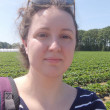Search
Filter by
Type
Tags
Dossiers
Themes
Departments
Active filters
1049 search results
Search results
-
Polderlab Vrouwe Venne
At the Polderlab Vrouwe Venne, farmers, citizens and researchers work together to shape the future of Dutch agriculture. Its goal is to restore biodiversity and the peat meadow landscape. And that farmers can earn their living sustainably.
-
Soil ecology runs deep
For a long time, the soil was the domain of chemistry and physics. This only changed forty years ago. Then attention also started to be paid to the biology and ecology of soils. Today, the soil has become a large and indispensable field of research. The Netherlands Institute of Ecology (NIOO-KNAW) has been uncovering the role of soil life for a healthy underground and aboveground ecosystem for several decades. Soil life also contributes to nature restoration, for example through soil transplantation and tackling invasive plants.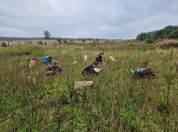
-
Under the bird ring's spell
Ringing of wild birds has become indispensable as a research method to track individual birds. Since 1911, some 16 million birds have been fitted with a metal ring in the Netherlands. What has that brought in terms of knowledge, protection and policy? And what do new tracking techniques add? We dive into the world of meadow birds, goose visits and infectious diseases.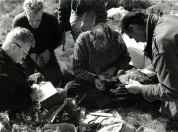
-
Luzia Stalder
Postdoc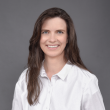
-
Stefan Dekker
NIOO Director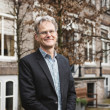
-
Ate Hendrik-Jan Jaarsma
Postdoc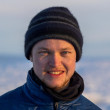
-
PhD thesis defence Luis Merloti: Soil lessons from restored Atlantic forest
On Wednesday 2 July, Luis Merloti will defend his PhD thesis, titled "Soil lessons from restored Atlantic forest".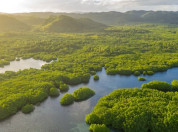
-
Joséphine Pottier
PhD Candidate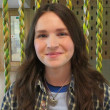
-
Can plants help us fight climate change?
Hi, my name is Gabriel, and I like to work with (almost) invisible things. Every day, as I walk into the lab at the Netherlands Institute of Ecology (NIOO-KNAW), I’m reminded of the very small things that, despite their size, have a very big impact on our lives. Like the tiny microbes in our soils that help cycle nutrients, the gas molecules that heat our planet, or the almost invisible compounds that plants release from their roots. I'm a PhD student working on the ClipsMicro project, and my focus is on a simple and sustainable idea: using the right plants, at the right time, to reduce greenhouse gas emissions from farmland.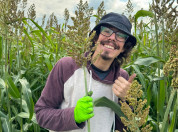
-
Anna Clocchiatti
Postdoc